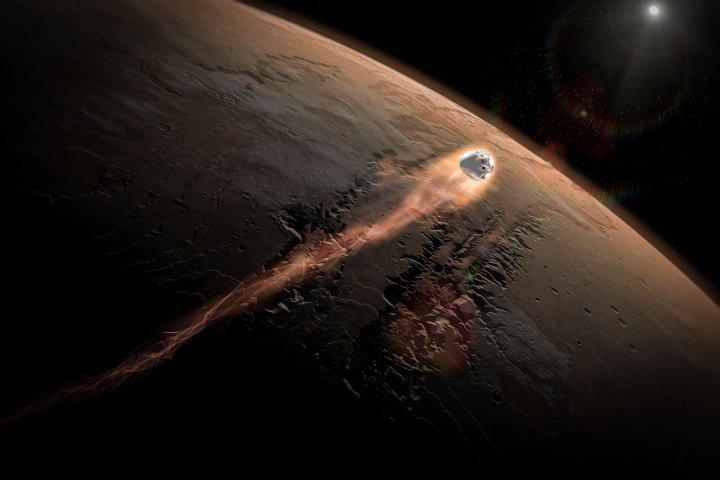
Experts are tackling the topic at this year’s Euroanaesthesia Congress in Geneva, which is hosted by the European Society of Anaesthesiology.
“Space exploration missions to the moon and Mars are planned in the coming years,” Matthieu Komorowski, a physician from Charing Cross Hospital in London, said in a statement. “During these long-duration flights, the estimated risk of severe medical and surgical events, as well as the risk of loss of crew life, are significant.”
Space is a hostile and unforgiving environment. Simply by being there, astronauts increase their risk of conditions such as bone fractures and cardiovascular issues. Radiation is rampant and, without sufficient exercise, microgravity turns muscles to jelly.
“The exposure to the space environment itself disturbs most physiological systems and can precipitate the onset of space-specific illnesses,” Komorowski said.
If an emergency does occur, communications with Earth will be slow and limited, so Komorowski suggests that crews be diversely trained, with skills duplicated between personnel to increase the likelihood that a qualified person is able to treat an injured patient. “Extending basic medical training to most crew members will be extremely important,” he said.
Many of the measures taken for emergency medical care in outer space will be adapted from those used in remote regions, like at Arctic base camps. For example, crew members will be selected, in part, based on matching blood types. Medical equipment will also be 3D printed to save cargo space.
Space also poses a number of challenges to medical procedures that aren’t usually found on Earth. CPR — which is a pretty straightforward procedure on Earth — becomes a challenge in microgravity, where a person can’t use their own body weight.
A team led by Jochen Hinkelbein, a physician at the University Hospital of Cologne, is on the case. They discovered that a “handstand” technique proved to be effective in microgravity. Hinkelbein presented his findings at the conference.
Editors' Recommendations
- How to watch SpaceX Crew-4 astronauts launch to ISS
- How engineers for NASA’s Ingenuity helicopter do tech support on another planet
- NASA’s Mars helicopter wins prestigious space exploration award
- How to watch the NASA live stream about Ingenuity’s first flight on Mars
- NASA to release actual footage of Mars rover landing. Here’s how to watch


